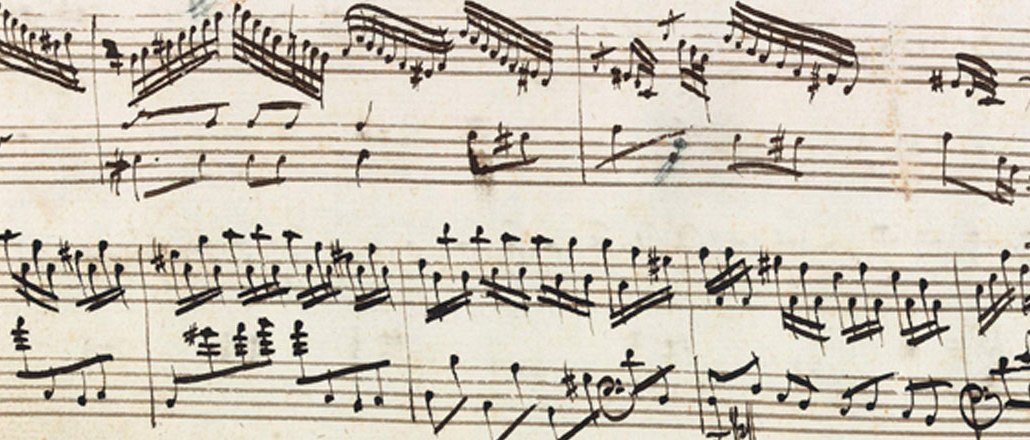Last chance to save on Digiday Publishing Summit passes is February 9

This is our video series Future Craft, where we profile creatives about how they’re adapting their craft and modernizing their technique for our evolving digital world.
Composer and producer Anthony Barfield has an entire orchestra at the tip of his fingers. With a laptop and the tap of mouse, he can cue up violins, trumpets, oboes or bassoons. With a few more clicks and movements on the keyboard, he can compose a entire musical score for an ensemble. Barfield, a graduate of The Juilliard School, has perfect pitch and plays the piano, but he admits he can’t imagine composing music without computer software like Finale or Logic Pro X.
“Those composers back then [like Mozart or Beethoven] were geniuses. They could hear every single instrument in their heads,” said Barfield. “Nowadays we don’t necessarily have to do that because we have these amazing instrumental libraries.”
Barfield says advances in music-composition software have given him creative freedom to write for instruments he doesn’t know how to physically play. Watch the video to also find out how music composition has evolved from candlelight and quill pens to software and laptops.
More in Media

Brands invest in creators for reach as celebs fill the Big Game spots
The Super Bowl is no longer just about day-of posts or prime-time commercials, but the expanding creator ecosystem surrounding it.

WTF is the IAB’s AI Accountability for Publishers Act (and what happens next)?
The IAB introduced a draft bill to make AI companies pay for scraping publishers’ content. Here’s how it’ll differ from copyright law, and what comes next.

Media Briefing: A solid Q4 gives publishers breathing room as they build revenue beyond search
Q4 gave publishers a win — but as ad dollars return, AI-driven discovery shifts mean growth in 2026 will hinge on relevance, not reach.





